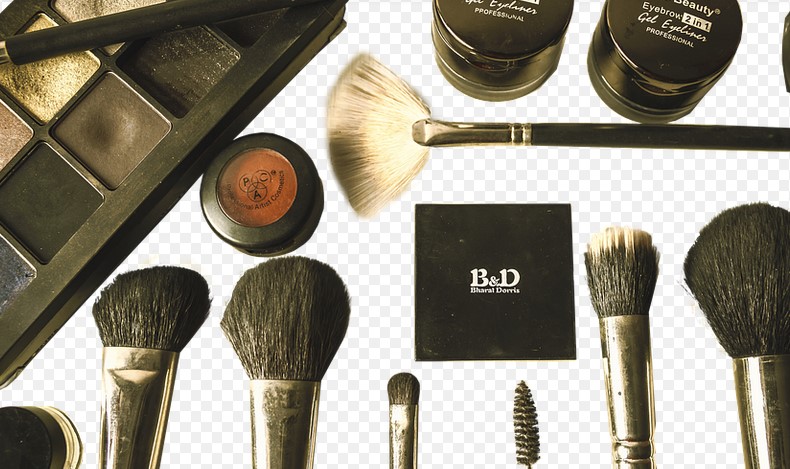Introduction
As a car owner, you know the importance of keeping your vehicle in good condition. One of the things you need to pay attention to is the electrical connections. To prevent corrosion and ensure proper conductivity, you may need to use a special type of grease. But which one should you choose: bulb grease or dielectric grease?
What Is Bulb Grease?
Bulb grease, also known as lamp grease, is a type of lubricant that is commonly used to protect the electrical connections of automotive lighting systems. It is specifically designed to prevent corrosion and keep moisture out of the connections. Bulb grease is usually made of silicone or a similar material that is resistant to heat and water.
What Is Dielectric Grease?
Dielectric grease, on the other hand, is a silicone-based lubricant that is used to protect electrical connections in a variety of applications, including automotive, marine, and industrial. It is also designed to prevent corrosion and keep moisture out of the connections. However, dielectric grease has a higher resistance to electricity than bulb grease, which makes it more suitable for high-voltage applications.
When to Use Bulb Grease
If you are working on your car’s lighting system, you may want to use bulb grease. This type of grease is specifically designed for low-voltage applications, such as those found in automotive lighting systems. It is also heat resistant, which makes it ideal for use in areas that get hot, such as the engine compartment.
When to Use Dielectric Grease
If you are working on electrical connections that require more protection, such as those found in marine or industrial applications, you may want to use dielectric grease. This type of grease is designed to provide a higher level of protection from moisture and corrosion, and its high resistance to electricity makes it ideal for high-voltage applications.
How to Apply Bulb Grease
To apply bulb grease, you will need to first clean the electrical connections with a wire brush or sandpaper to remove any corrosion or debris. Then, apply a small amount of the grease to the connections using a brush or your finger. Be sure to cover the entire connection with a thin layer of grease.
How to Apply Dielectric Grease
To apply dielectric grease, you will also need to clean the electrical connections first. Then, apply a small amount of the grease to the connections using a brush or your finger. Be sure to cover the entire connection with a thin layer of grease, but avoid using too much, as it can trap dirt and debris.
The Benefits of Using Grease
Using either bulb grease or dielectric grease can provide several benefits, including protecting electrical connections from corrosion and moisture, improving conductivity, and extending the life of the connections. By using the right type of grease for your application, you can ensure that your electrical connections are properly protected and functioning as they should.
The Bottom Line
Whether you choose to use bulb grease or dielectric grease will depend on the application. If you are working on low-voltage electrical connections, such as those found in automotive lighting systems, bulb grease may be sufficient. However, if you are working on high-voltage connections or those that require more protection, such as those found in marine or industrial applications, dielectric grease may be the better choice. Ultimately, using the right type of grease can help ensure that your electrical connections are properly protected and functioning as they should.

